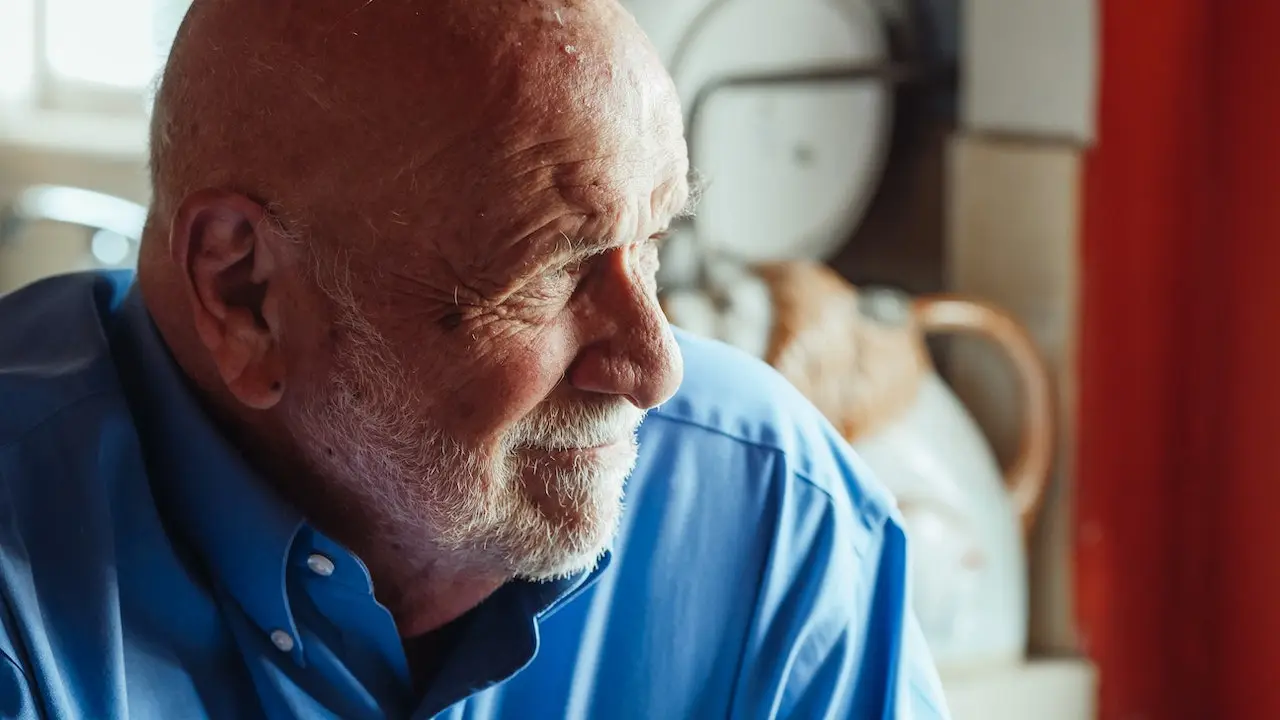Reverse Aging Drugs – Aging is a natural process, and everyone who has come to earth has gone through the process. They have to go from a toddler to an old age. But have you ever thought of a way that allows you to slow down your aging process or even reverse it? It may seem like some fairy tale to you, but you will be shocked to know that scientist from Harvard Medical School and the University of Maine has come up with a claim that they have discovered some reverse aging drugs which will help people in reversing their age or slow down their aging.

Read Also: Instant Home Remedies for Headache: Try These Oil Massages for Instant Comfort.
This discovery has opened hope for those who want to live their youthful vitality. In this article, we will discuss the scientist’s research and give you insights into their outcomes and how these reverse aging drugs will change the whole viewpoint of aging in the future.
Overview of the research conducted by Harvard Medical School and the University of Maine

Scientists from the Harvard Medical School and the University of Maine have conducted a study to find out whether it is possible to slow down the aging process or if it will be possible to reverse the aging process. They have named the research “Chemical Induced Reprogramming to Reverse Cellular Aging,” and has been published in the prestigious scientific journal Aging on 12 July 2023. Dr. David A. Sinclair, a renowned scientist, and his team, including Christopher A. Petty, Jae-Hyun Yang, and María Vina López, have led the research. The study has focused on rejuvenating cells using chemical intervention instead of genetic manipulation.
The study has shown that six chemical cocktails have provided promising results in reversing cellular aging. The team has experimented on monkeys and rats for three years and discovered molecules that could restore NCC (nicotinamide adenine dinucleotide (NAD+)) and genome-wide transcript profiles. As per the study of reverse aging drugs on monkeys and rats, it has been discovered that this restoration process will help maintain a youthful state. It has shown a promising potential that could reverse the transcriptomic age in humans in less than a week.
Dr. David Sinclair has highlighted their positive outcomes on various tissues and organs, including the brain tissue, optic nerve, kidney, and muscles. Scientists believe these reverse aging drugs will not only prove beneficial in reducing the symptoms of aging but also open up a possibility for addressing various mental and physical disorders. Scientists have developed a pill and named it “Fountain of Youth” As they believe it can potentially reverse the aging process.
Experimental Results on Rats and Monkeys

After three years of dedicated study and experiments of reverse aging drugs on monkeys and rats, the team of scientists has finally had successful results. With the help of administrating the chemical cocktails, they could observe the cellular aging and the restoration of NCC and genome-wide transcript profiles in these animals.
The results have shown optimistic outcomes on the transcriptomic age of the subjects and show promising results for reversing the age in less than a week. The research has been done on various tissues and organs of the body, including brain tissue, optic nerve, kidney, and muscles. And the scientist has got positive outcomes in each part. Thus reinforcing the potential of these chemical interventions in combating the aging process.
Implications of Reverse Aging Drugs for Humans

The research has been done on monkeys and rats yet. Still, the promising results of the research have provided a crucial foundation for further investigation of these chemical interventions in humans. Scientists believe that these reverse aging drugs would be implemented in human trials. These can open up new possibilities, slowing the aging process or even being proven helpful for age-related physical and mental disorders.
However, these drugs still need a lot of time to be applicable in human trials as further research is needed to assess the efficacy and safety of these reverse-aging drugs on humans. However, the results received from the research on the animals have provided us with an excellent foundation for our future and opened up doors to potential avenues for unlocking the secrets of aging.
We can say that the research done by scientists from Harvard Medical School and the University of Maine has provided us with a glimpse of hope for our understanding of the aging process. The results of reverse aging drugs are promising but still need many tests and studies before starting human trials. So what do you think if scientists have succeeded in human trials? How will these reverse-aging drugs go to change the future of human life? Please let us know through the comment section.
To get more of our exclusive content on Health Care and Lifestyle. Follow us on YouTube and Instagram.





